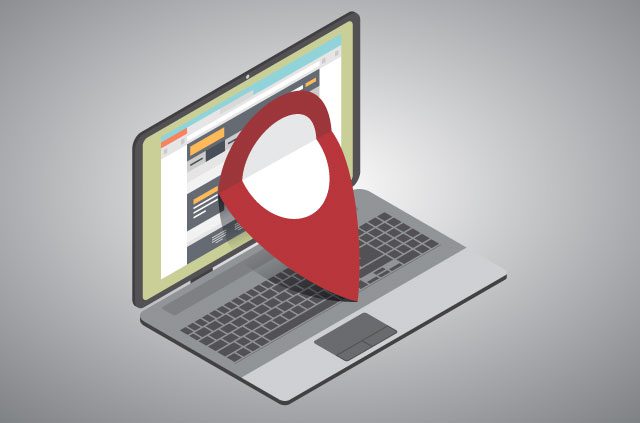
Your IP address makes it possible for websites to "see" your location. But the truth is, GeoIP (IP location) isn’t that smart.
We've all seen movies where a tech genius types in a few arcane commands and manages to retrieve the bad (or good) guy’s home address, usually with a convenient full-color copy of their driver’s license to boot.
Movies and TV will, notoriously, blur the lines when it comes to technology. A scene might show a hacker check a website that will somehow know the exact location of a target. But, fortunately, it doesn’t work like this in the real world.
What's an IP address?
An IP address works like the address of your house, and it’s what allows other computers to talk to your computer. If you order a book online, you must give an address to receive it. You could provide an alternative address, maybe a PO box, but without an address, you won’t get the book.
The same applies to the internet and IP addresses. A VPN will disguise your location, but your computer still needs an address to receive information.
Do IP Checkers have my address?
IP ownership listings are known as the 'WHOIS' database. When chunks of IP addresses ("netblocks") are assigned, the name and address of the person responsible for them is made publicly available.
The only way your name would be in an IP database is if you registered a netblock, which couldn't happen unknowingly.
Instead, the address for your IP will almost certainly point to your ISP. Though this is usually accurate enough to work out which country you're in, it can't personally identify you.
That said, there have been occasions where court orders have forced ISPs to hand over user's addresses. Prosecutors might use GeoIP to locate you, but they'd need a court subpoena to get personal details from an ISP.
How accurate are IP checkers?
GeoIP is primarily based on public databases that might not be accurate or up to date. It's entirely possible, for example, for your ISP to maintain their IP address in a different country.
If you’ve ever visited a website and seen content in a different language, the site's IP address is probably registered in a different country.
IP addresses registered in other nations also explains why websites who use GeoIP to block or restrict access sometimes fail and prevent access to the wrong users. It’s possible you’re in one place, but an outdated database puts you somewhere else.
Can my IP address connect me to other data?
GeoIP services are often run by third-parties and may connect your details with a technique called fingerprinting. Data can be mined from your search history and combined with your IP for a more accurate picture. But unless you've specifically provided your address and IP address, there's no way for a website to know exactly where you are.
However, in most cases, GeoIP is accurate enough. Believe it or not; few people are interested in your exact coordinates. They only care about your rough location so they can target you with bespoke content or services.
Hide your IP and use a trusted IP checker
GeoIP is an interesting and useful technology, and it helps us see applicable content, but it can also provide incorrect results. Occasionally showing up somewhere we aren't can get pretty annoying.
The most efficient way to hide your IP is to use a VPN service, like ExpressVPN. And if you need to use an IP checker, make sure you use a service you can trust.
Take the first step to protect yourself online. Try ExpressVPN risk-free.
Get ExpressVPN


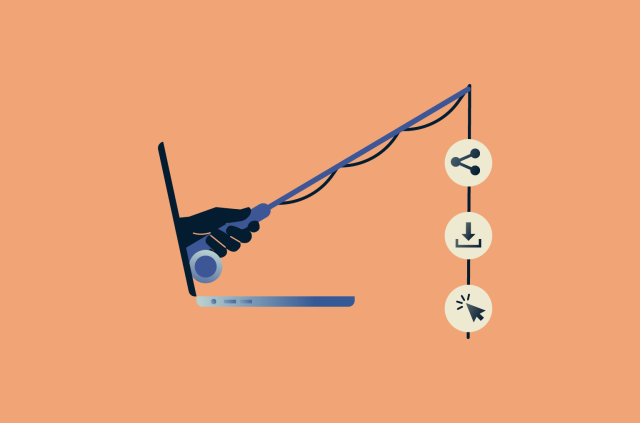
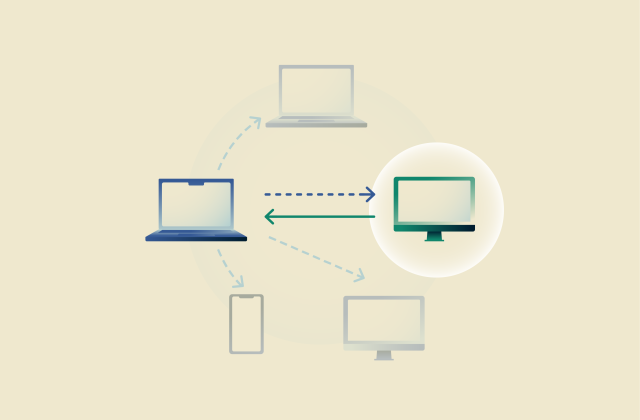
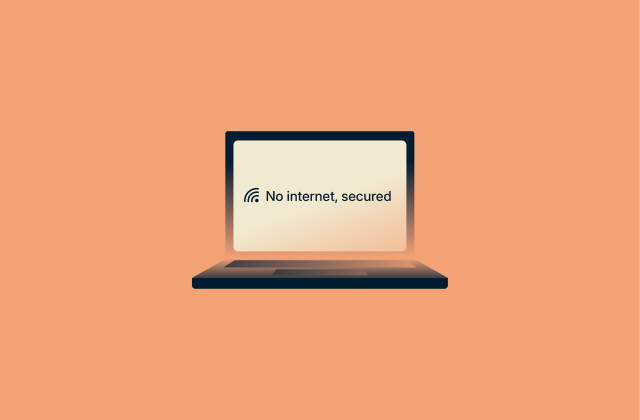



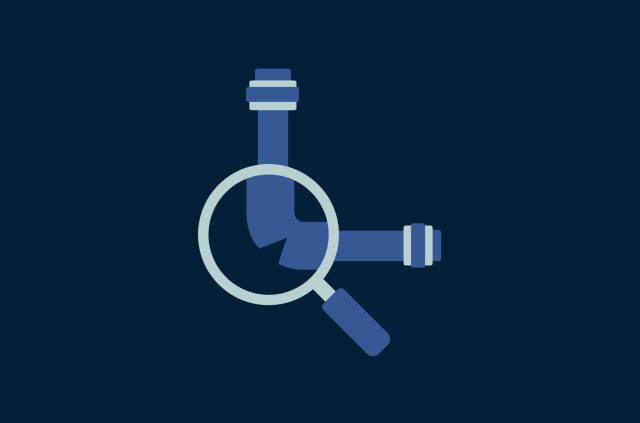
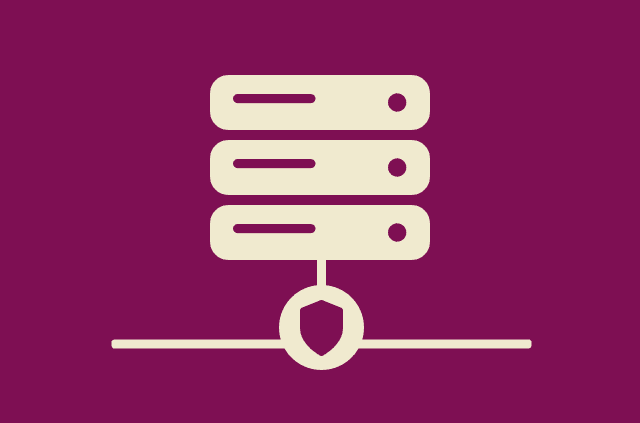

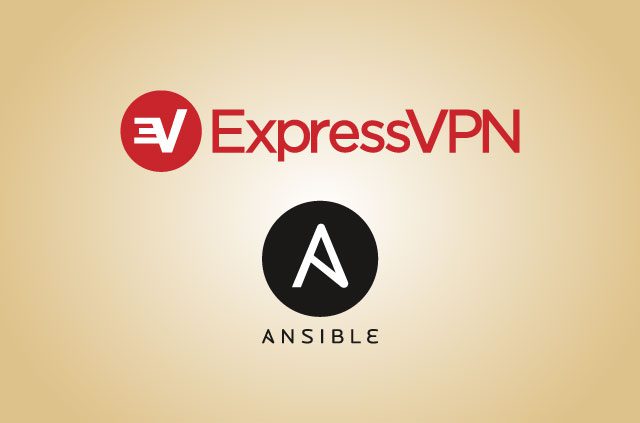
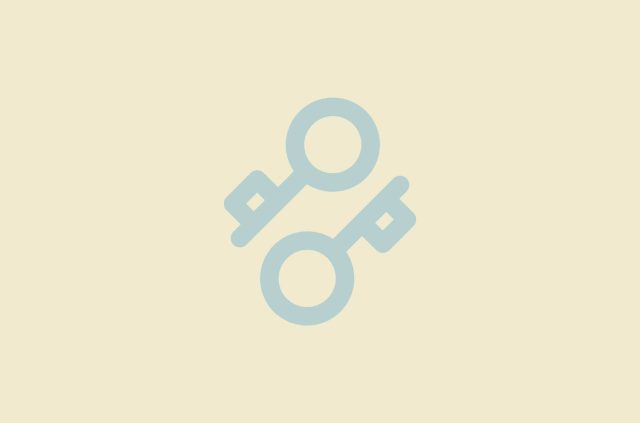




Comments
I'm having issues connecting to hull from the UK and Portugal was a problem I'm going to Honolulu in D e c I don't show Hawaii on your list???? Please advise ThanksRon
Hi Ron, please contact the support team. They will get you sorted.
my location and ip were not exposed.